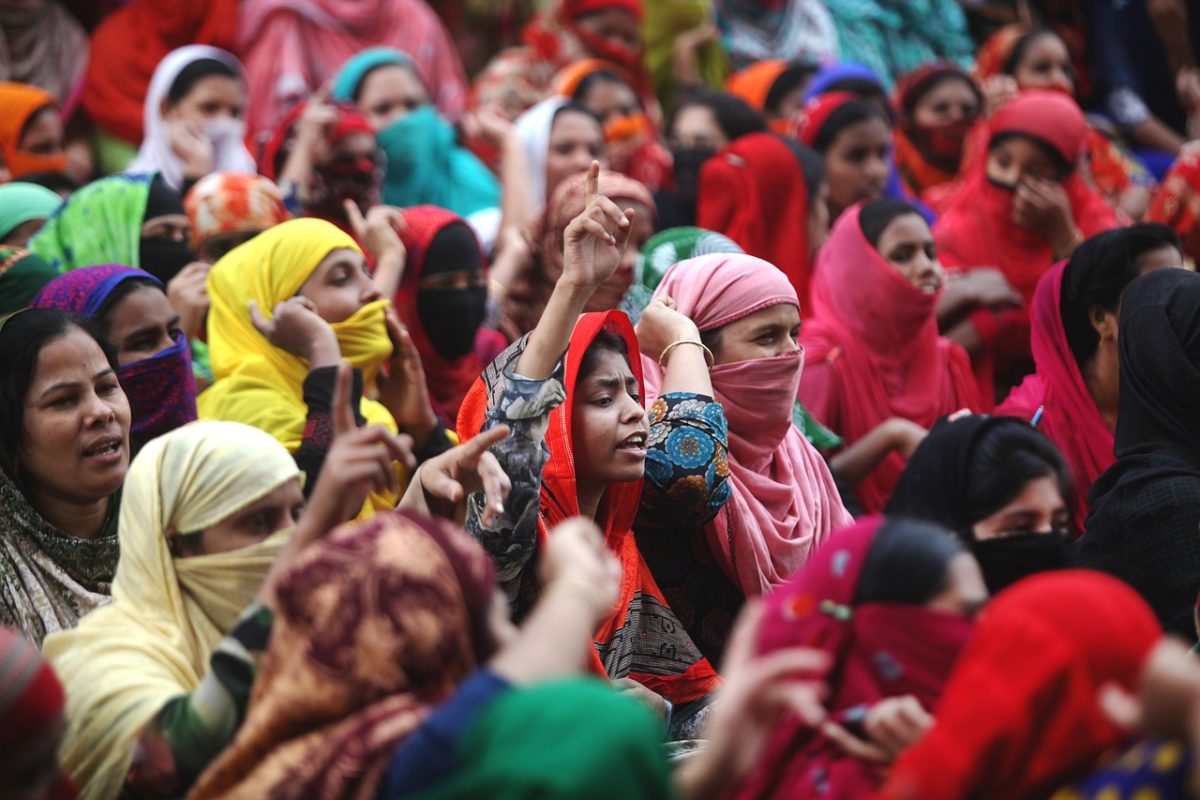Bangladesh is approaching a critical period in its political landscape, with general elections scheduled for January 202. The political climate is described as tumultuous, with previous elections in 2014 and 2018 being marred by controversy. The opposition parties, in particular, are pressing for the resignation of the government led by Sheikh Hasina, who has been in power since 2009, to ensure a free and fair election.
The political unrest is not solely based on electoral politics but is also intertwined with an economic crisis that the country is currently facing. The Bangladesh Nationalist Party (BNP) is actively mobilizing the populace with a focus on the upcoming elections amid this challenging economic scenario.
The governance in Bangladesh has been criticized for increasing repression against opposition groups and supporters, and for a crackdown on the free press. This has led to heightened international scrutiny as the election nears. Moreover, there’s an undercurrent of concern regarding electoral manipulation and misconduct, especially since the abolishment of the “caretaker” government system in 2011, which was designed to prevent such issues.
Despite the political turmoil, the interest in the electoral process remains high among the Bangladeshi populace. A poll reported that 92 percent of Bangladeshis surveyed expressed their intention to vote in the forthcoming election, indicating significant engagement with the democratic process. This interest reflects the critical importance of these elections for the future of Bangladesh’s democracy and governance.

One thought on “Bangladesh elections: Situational brief”
Comments are closed.